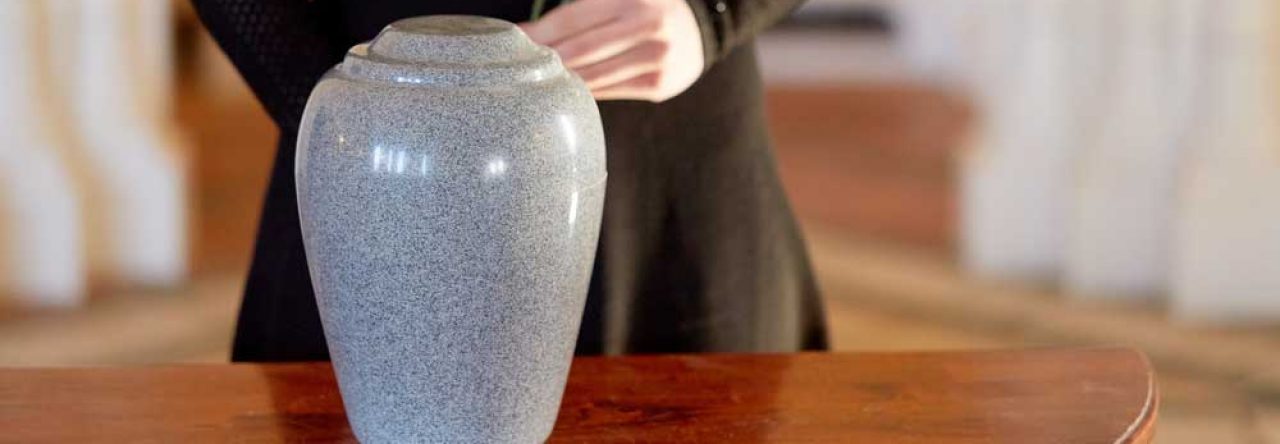
When it comes to selecting aluminium die casting suppliers, businesses often find themselves at a crossroads between quality and cost. While quality is paramount to ensure the durability and performance of the final product, cost considerations cannot be ignored in today's competitive market. Finding the right balance between these two factors is essential for a successful partnership with a die casting supplier. In this article, we will explore what considerations need to be taken into account when evaluating aluminium die casting suppliers in terms of quality and cost, including GUPTA GLOBAL.
Quality Considerations
Factors to consider when assessing the quality of aluminium die casting suppliers include:
- Experience: Look for suppliers with a proven track record in aluminium die casting. Experienced suppliers are more likely to have the expertise and knowledge to produce high-quality parts.
- Quality Control Processes: Inquire about the supplier's quality control processes. A reliable supplier should have robust quality assurance measures in place to ensure consistency in product quality.
- Certifications: Check if the supplier holds relevant certifications such as ISO 9001. Certifications indicate that the supplier follows international quality standards.
- Material Selection: The quality of the final product is heavily influenced by the choice of materials. Ensure that the supplier uses high-quality aluminium alloys for die casting.
- Testing Capabilities: A reputable supplier should have in-house testing capabilities to verify the quality of the cast parts. Look for suppliers who conduct thorough testing procedures.
Cost Considerations
Factors to consider when evaluating the cost implications of working with aluminium die casting suppliers include:
- Pricing Structure: Obtain detailed quotes from multiple suppliers to compare pricing. Be wary of significantly lower prices as they may indicate compromises in quality.
- Volume Discounts: Inquire if the supplier offers volume discounts for large orders. Bulk orders can often lead to cost savings per unit.
- Tooling Costs: Consider the tooling costs associated with die casting. Some suppliers may charge higher tooling costs, which can impact the overall project cost.
- Lead Times: Evaluate the supplier's lead times and production schedules. Delays in production can result in additional costs, especially for time-sensitive projects.
- Shipping and Logistics: Factor in shipping and logistics costs when assessing the overall cost of working with a supplier. Opt for suppliers who offer competitive shipping rates.
Striking a Balance Between Quality and Cost
Key considerations to strike a balance between quality and cost when selecting aluminium die casting suppliers:
- Supplier Reputation: Choose suppliers with a strong reputation for delivering both quality products and cost-effective solutions.
- Long-Term Relationship: Look for suppliers who are willing to work collaboratively to achieve a balance between quality and cost over the long term.
- Negotiation: Engage in transparent negotiations with suppliers to discuss pricing, quality expectations, and potential cost-saving opportunities.
- Value-Added Services: Consider suppliers who offer value-added services such as design assistance, material selection expertise, and post-casting finishing options.
- Continuous Improvement: Partner with suppliers who are committed to continuous improvement in terms of quality, efficiency, and cost-effectiveness.
Conclusion
When it comes to selecting aluminium die casting suppliers, businesses must carefully weigh the trade-offs between quality and cost. By considering factors such as supplier experience, quality control processes, pricing structure, and lead times, businesses can make informed decisions that lead to successful partnerships with die casting suppliers. Ultimately, finding a balance between quality and cost is crucial to achieving high-quality products at a competitive price point.

Leave a Reply
You must be logged in to post a comment.